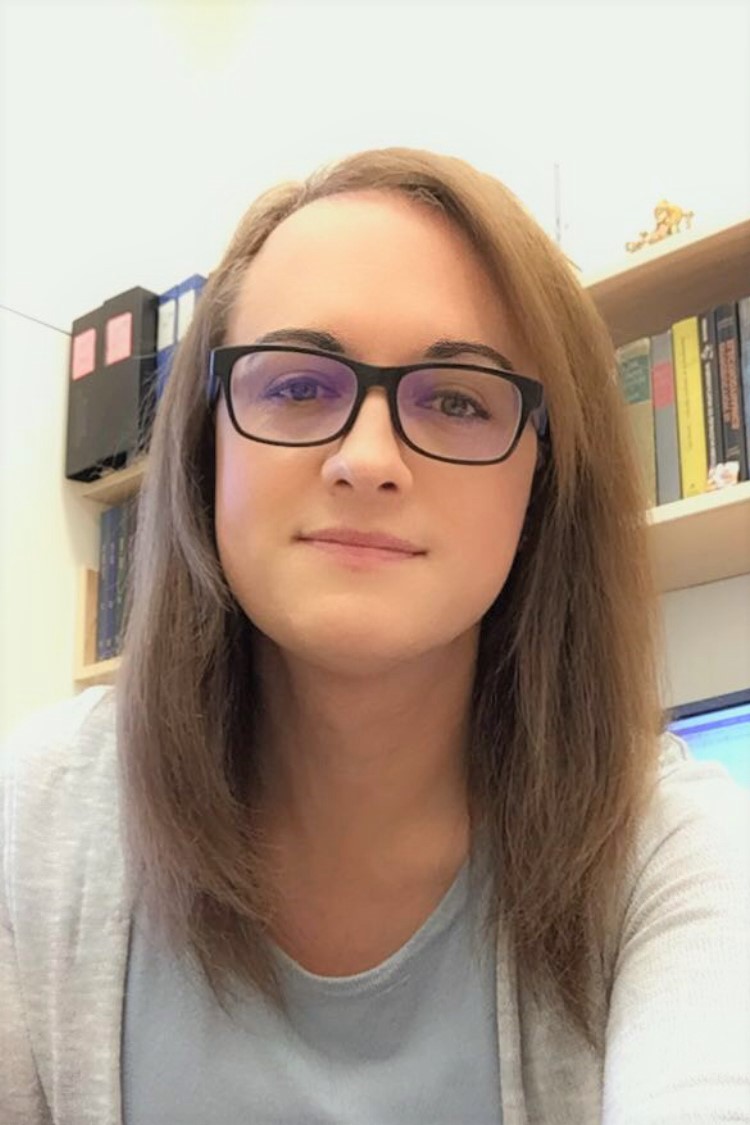Gwen Grinyer

Associate Professor
Office: LB 209
E-mail: gwen.grinyer@uregina.ca
Phone: 306-337-2990
Pronoun(s): she/her
Research interests
Nuclear structure and astrophysics of rare isotopes, neutrinoless double beta decay.
My research uses beams of rare isotopes to study the properties of short-lived radioactive nuclei located furthest from stability. The structure of these "exotic" nuclei are essential for understanding how the nuclear force evolves towards the extremes of nucleonic matter and for describing the observed abundances of stable nuclei in the universe that are produced in explosive astrophysical scenarios such as x-ray bursts, supernovae and neutron-star mergers. My research spans a broad range of topics including ultra-high precision measurements to test the Standard Models description of electroweak interactions, high-resolution gamma-ray and charged particle spectroscopy to study in-beam reactions and decays of exotic nuclei, and designing state-of-the-art instrumentation to be able to study the rarest isotopes whose production rates are at the limits of feasibility.
I am also a member of the Large Enriched Germanium Experiment for Neutrinoless Double beta decay (LEGEND) collaboration. LEGEND is a major international collaboration who will design, construct and operate 1000 kg of germanium detectors in a deep underground laboratory to search for neutrinoless double beta decay. The goal of the experiment is to answer one of the biggest open questions in subatomic physics - are neutrinos their own antiparticles?
My experiments are carried out at rare-isotope production and accelerator facilities around the world including:
- TRIUMF - TRI University Meson Facility in Vancouver, BC, Canada
- GANIL - Grand Accelerateur National d'Ions Lourds in Caen, Normandie, France
- NSCL - National Superconducting Cyclotron Laboratory in East Lansing, MI, USA
- ISOLDE - Isotope Separator On-Line DEtector in Geneva, Switzerland
- LEGEND - Homepage of the LEGEND collaboration
Interested in nuclear physics reserach and rare decay studies? I am always looking for highly motivated students for undergraduate (summer) and graduate (M.Sc and Ph.D.) projects as well as postdoctoral fellows for advanced research. Please contact me for more information or follow me on instagram @gwendoesscience

